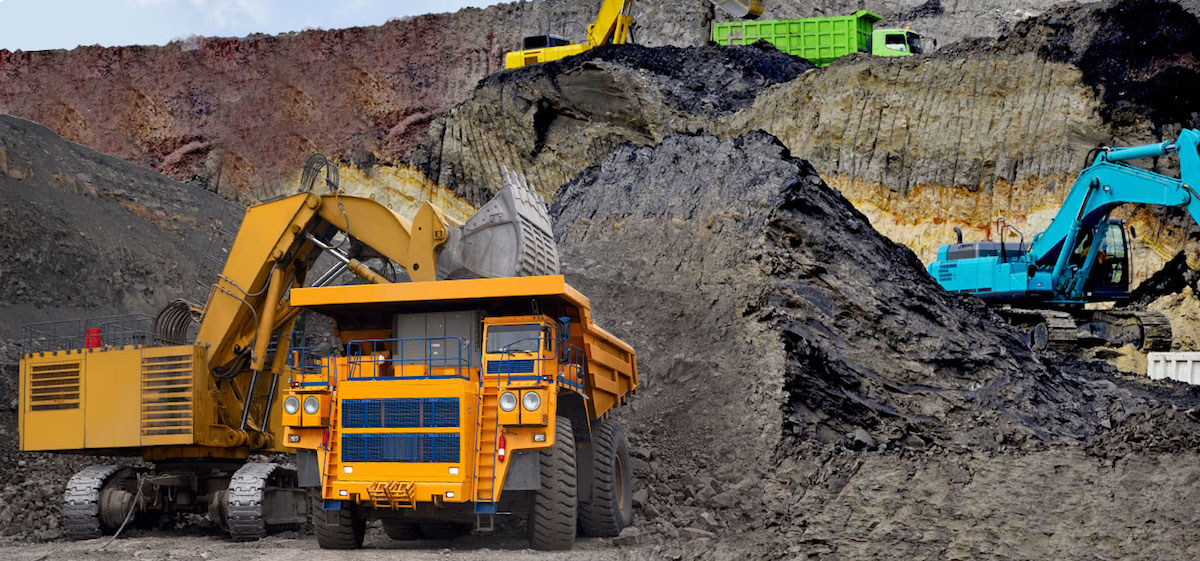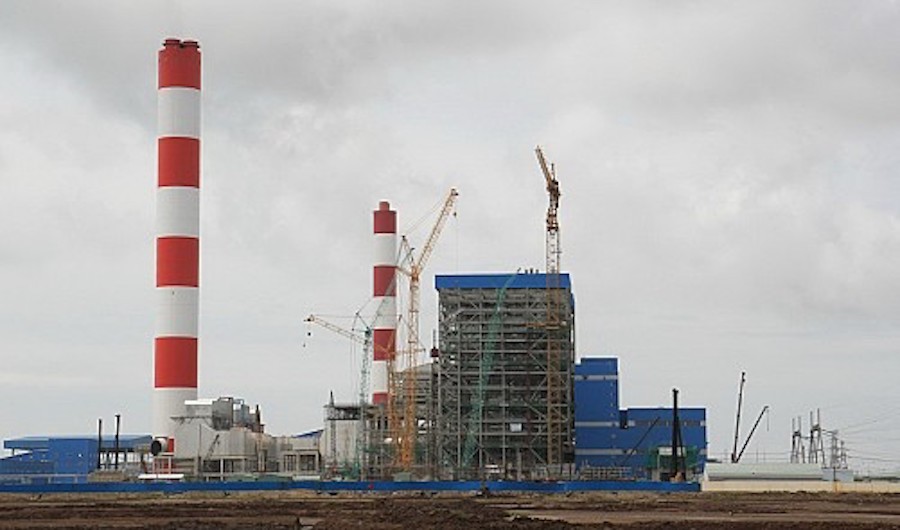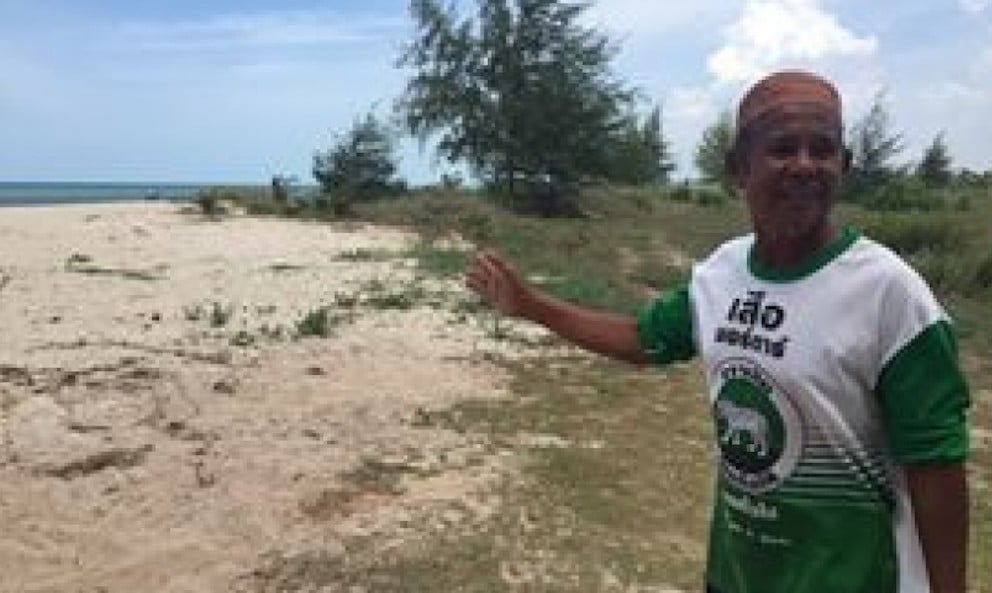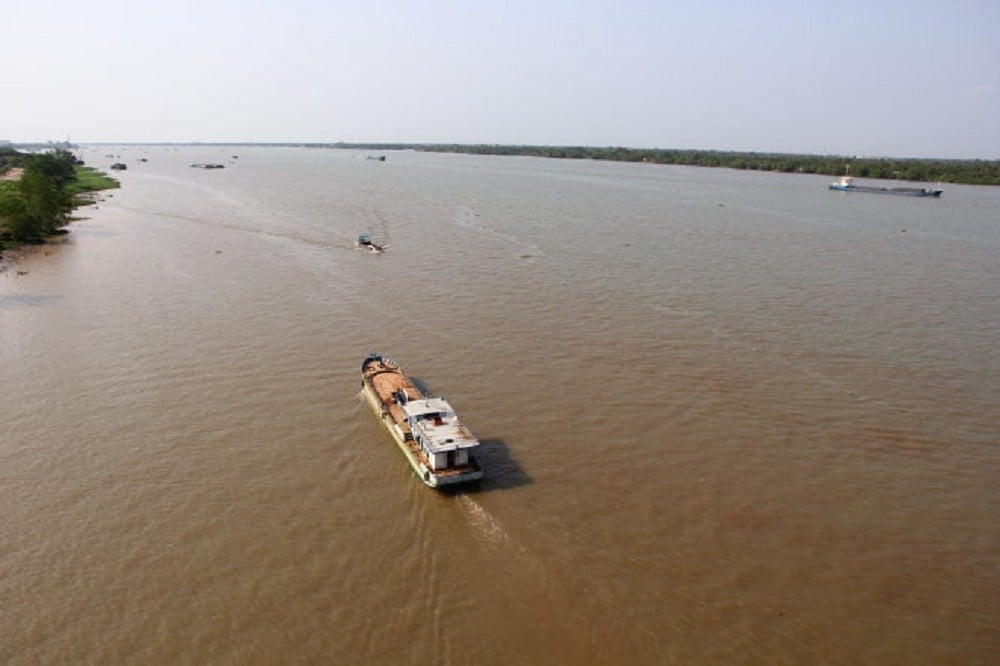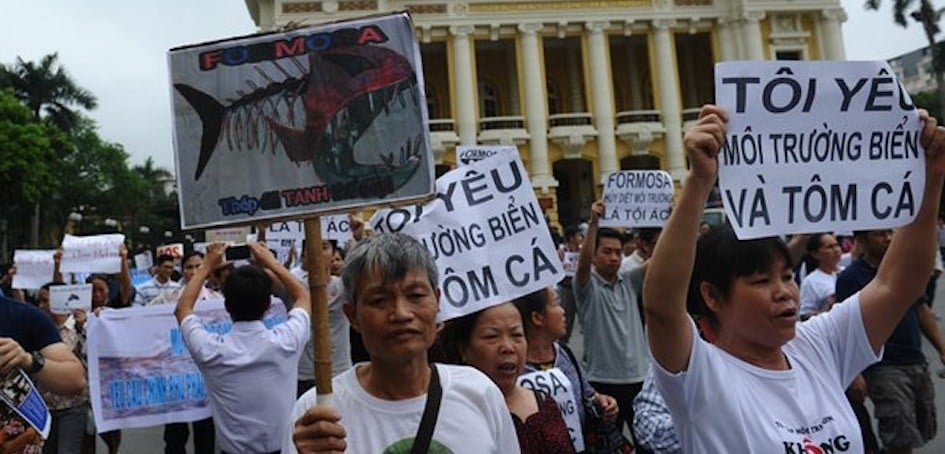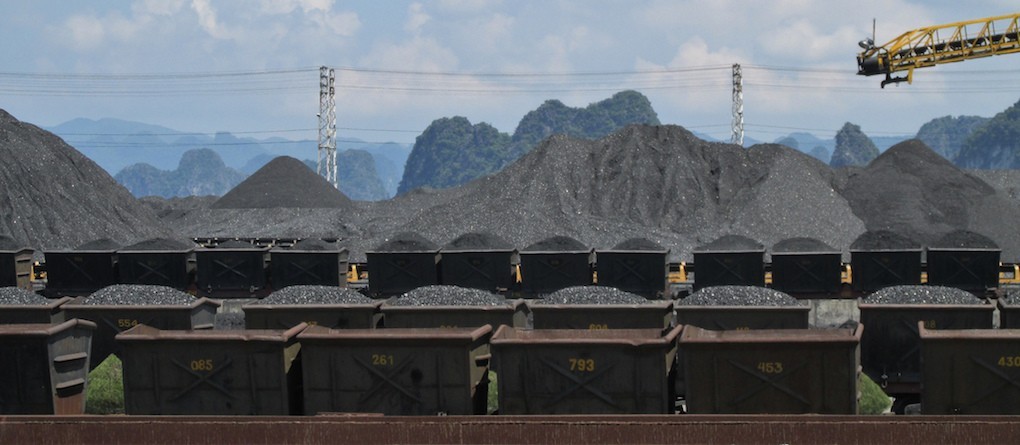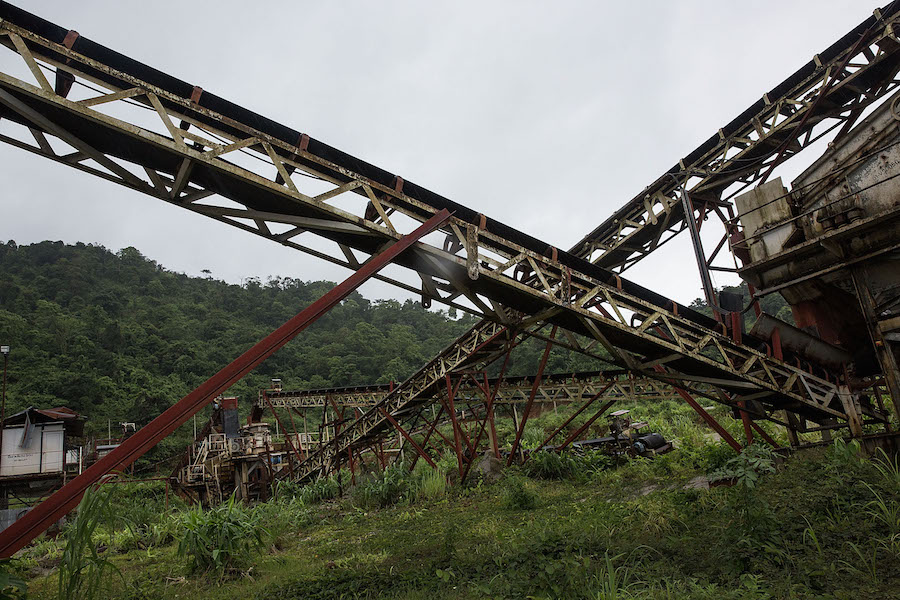Vietnamese Minister of Industry and Trade Tran Tuan Anh says pollution is a crime against the environment and calls on all major corporations to commit themselves towards environmental protection during their operations.
Power plant, coal mine, and mineral mine developers across Vietnam gathered on Thursday afternoon for a meeting to address environmental issues regarding their operations.


